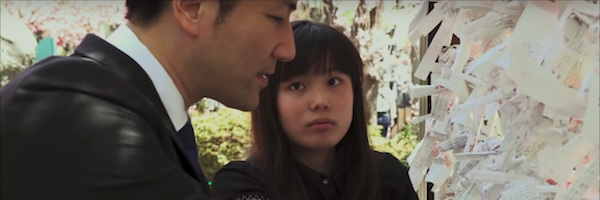My column for Caiman Cuadernos de Cine, adapted from a longer piece written for The Chiseler and submitted in August 2020. — J.R.
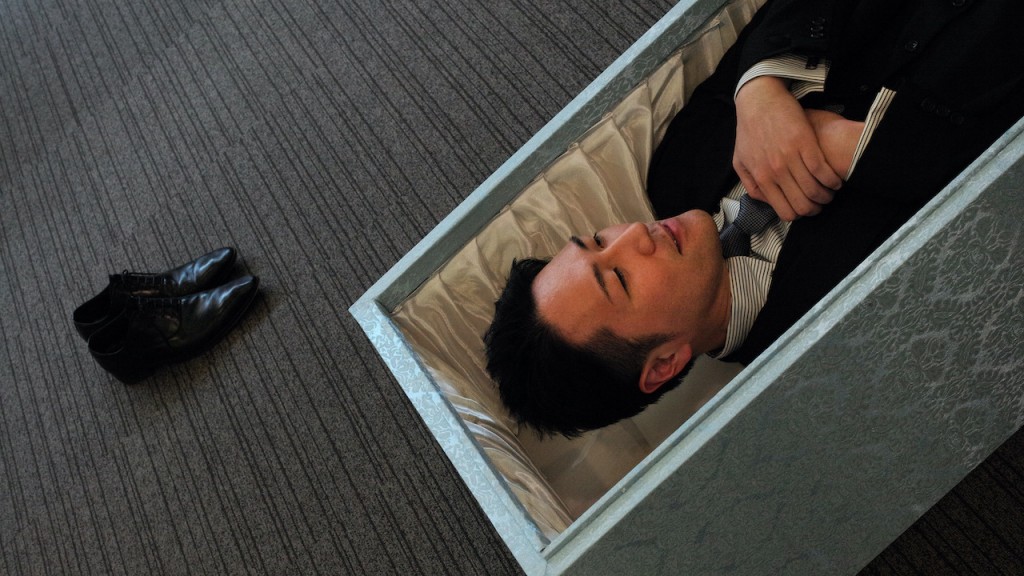
En movimiento: Herzog’s Tweet Factor
Jonathan Rosenbaum
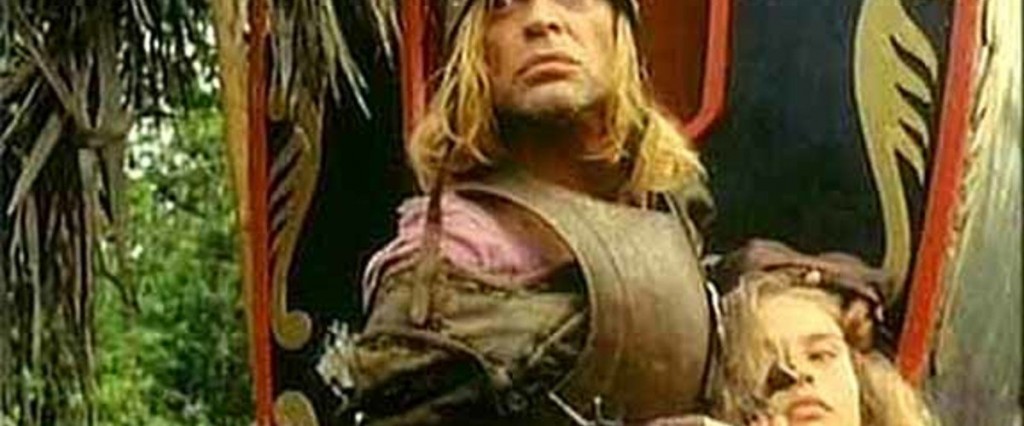
When I first saw Aguirre, the Wrath of God, set in 16th century Peru, what impressed me the most was what Werner Herzog cheerfully but cynically revealed about his opening intertitle: “A large expedition of Spanish adventurers led by Pizarro sets off from the Peruvian sierras in late 1560. The only document to survive from this lost expedition is the diary of the monk Gaspar de Carvajal.” At his Cannes premiere in 1973, Herzog admitted that this was a total lie, invented because he reasoned that people wouldn’t accept the film’s premises otherwise.
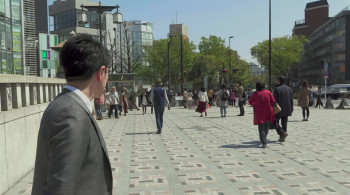
His Family Romance, LLC (2019) employs the same ruse. The real Tokyo company that this film is about rents out actors to play the roles of family members, friends, or functionaries for lonely individuals — e.g., a divorced father whom a 12-year-old girl hasn’t seen since her infancy, or a bullet-train worker who needs to be shamed by his boss for bungling a precise train schedule. The resulting feature has been described as a mixture of documentary and fiction, but apart from the company’s founder, playing himself, the entire film is fictional—scripted by Herzog and shot by him with a tiny camera, with actors playing all the characters. Much of this is implausible, but if one accepts the various segments metaphorically, the film becomes a fictional essay film, not a fiction that has to be truthful or even consistent.
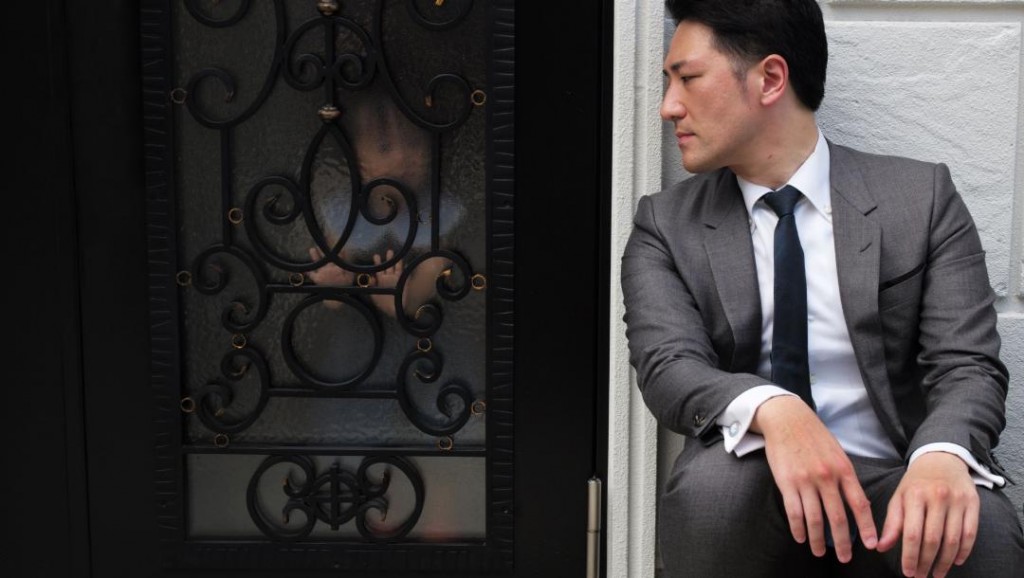
For Herzog, the main issue isn’t the truth or falsity of what he’s showing but the loneliness of all the participants, which he sees as the essential characteristic of 21st century life, exemplified rather than reduced by social media. He shares with Donald Trump what might be called the Tweet Factor — the conviction that lying and telling the truth are separate tools of equal value in contriving to get an audience to pay attention. It’s a powerful position because it corresponds so closely to the ways that we prefer to lie to ourselves. The business of Family Romance is a form of nonsexual prostitution, involving a certain amount of make-believe that also occurs inside some marriages. A filmmaker friend of mine once became a prostitute while preparing to make a film about prostitutes. She told me at the time that she sometimes enjoyed her work, making men happy that way. Insofar as reality is often a matter of social agreements, it can even be argued that social media — including your reading of this sentence — are forms of social reality, despite the loneliness Herzog finds in them. But social transactions are often carried out via symbols and icons —photographs, statues, movies, film reviews — that can easily be confused with their real-life equivalents.
